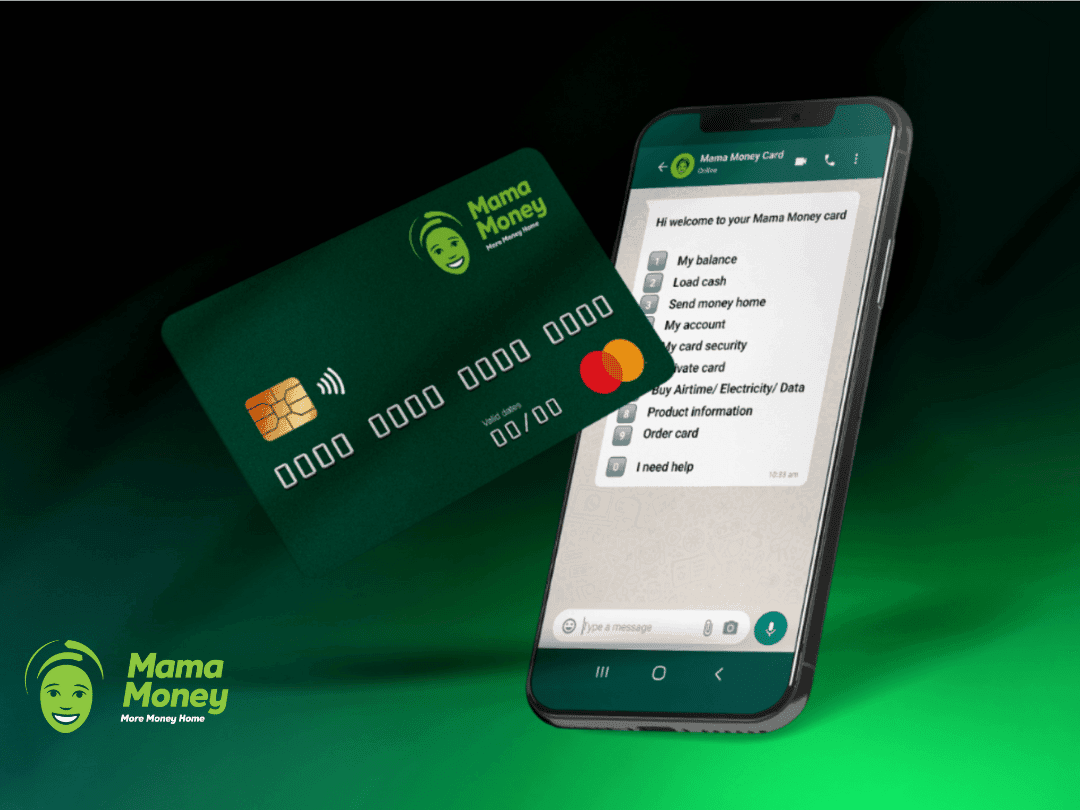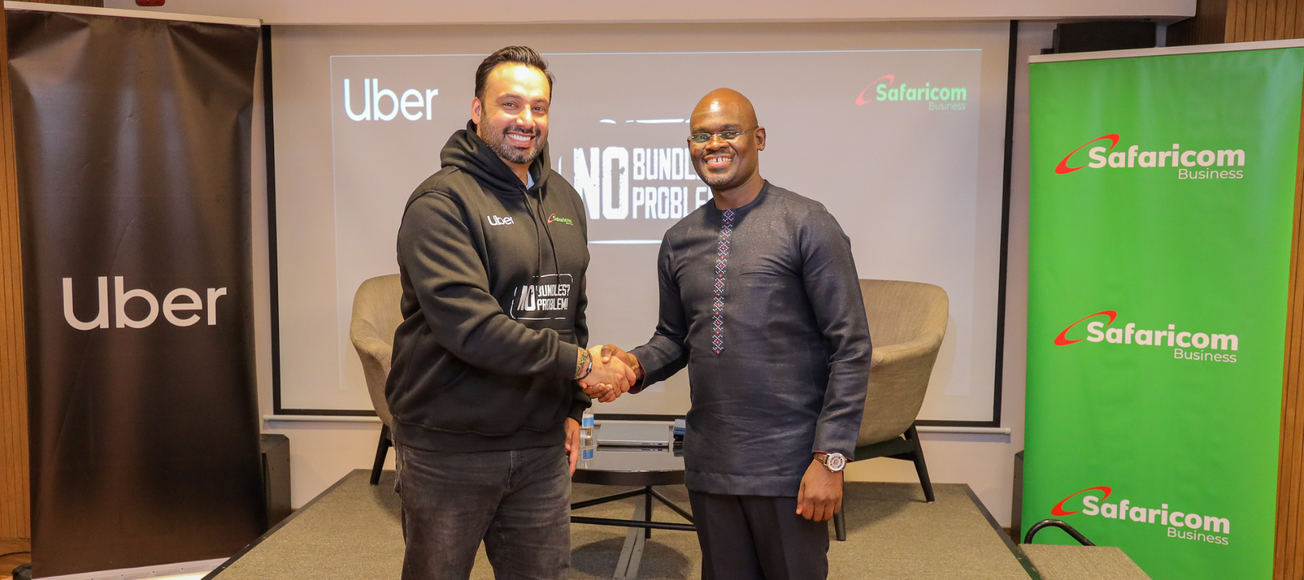Digital economy encompasses the use of the Internet to promote eCommerce, including integrating digital literacy and skills, solid infrastructure, digital services, emerging technologies, development regulation, and structural transformation of the Nigerian economies. This integration spans across adopting digital technologies in a non-digital sector. The digital economy is increasingly expanding at an uneven pace across different countries. The potential drivers of the present-day digital technology revolution are the youth, who constitute 43% of the total population. Harnessing this advantage would make Nigeria a continent-wide digital economy given the new AfCFTA agreement. Digitization proposes a vibrant tech potential economy with increased productivity, better customer experience, and an optimized supply chain. It is a multichannel route that utilizes technology to unify the customer experience across different real-world and cyberspaces.
As the biggest economy in Africa with one of the largest youth populations, Nigeria is well-positioned to develop a robust digital economy. Nigeria accounts for 47% of West Africa's population, with 34% as of 2019 exposed to internet access. Nigeria has the largest market in Sub-Saharan Africa, supported by a solid mobile broadband infrastructure and improved internet connectivity. Yet, many of the most marginalized segments of the population are left without internet access. The Nigerian government has realized its local and global competitiveness depends on how it maneuvers tech tools to transform various sectors of its economy. This led to the establishment of NITDA(National information technology development agency), committed to implementing the National digital economy policy and strategy(NDEPS) with a vision of becoming a leading player in the global digital economy.
The Nigeria Economy stands to gain from growth in supply and usage of digital financial services to facilitate all trade payments while creating stronger links with Nigeria diaspora, boosting inward remittances, encouraging investments, and promoting the exchange of human capital. Nigeria's economic recovery and growth plan 2017-2020(ERGP) recognizes the need to integrate Digital led strategy to increase its competitiveness in the 21st-century global economy. In 2016, the global digital economy was worth some $11.5 trillion, equivalent to 15.5 percent of the world’s overall GDP. It is expected to reach 25 percent in less than a decade, quickly outpacing the overall economic growth.
The adoption of artificial intelligence, machine learning, cloud computing, and eCommerce proposes a transformational impact, hence the need to harness the digital economy to drive growth and innovation in Nigeria. A holistic approach to digital economy development in Nigeria is necessary, rather than implementing multiple, fragmented intervention, coordinated and high-level cross-boundary approaches that maximize complementarities required to build an inclusive digital economy. The world is saturated with information, and there is a need to exploit these potentials. Improved digital connectivity can achieve the desired transformational impact on economic opportunity and inclusive growth if combined with the five pillars of the digital economy. With such capabilities, the Nigerian economy can harness digital data and new technologies, generate new content, link individuals with markets and government services, and roll out a new and sustainable business model.









